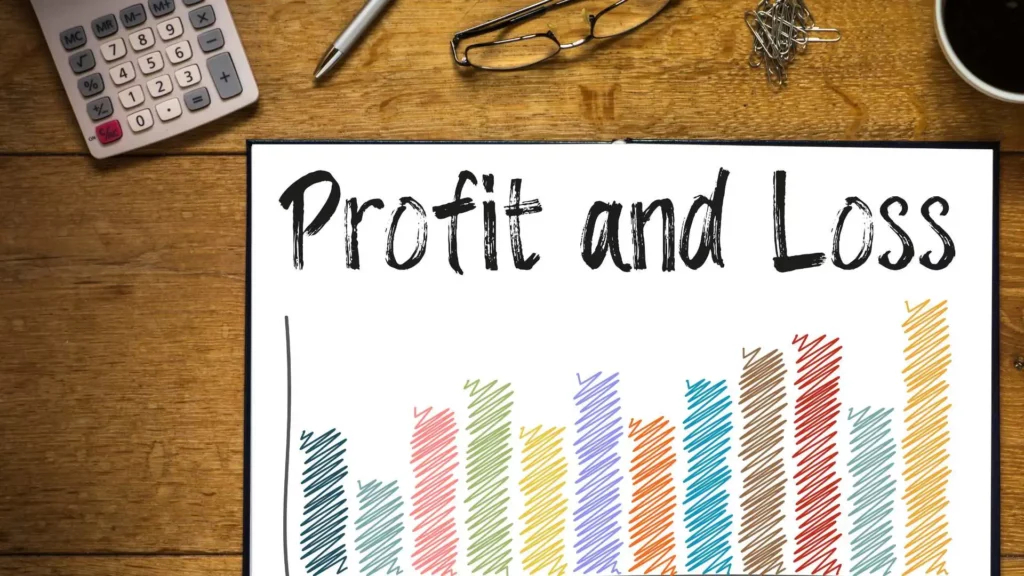Investments can be tricky. Before you start making your investments, it is essential to know the how, what, when and where you’re putting your hard-earned money. There are so many questions and so many options out there. That’s why we’ve gone ahead and done the groundwork for you. Before you start investing, make sure you have these bases covered.
The present volatile stock market, inflation and global instability make young investors go away from investing. Moreover, Millennials have also been through several market collapses like the dot-com bust of 2002 to 2004 and the financial crisis of 2008. But did you know that you will compound returns over decades if you consistently invest in financial markets? If you’re one of those investors new to the world of investing and don’t know where to begin, here are some thoughts to ponder over:
Age is no bar to starting investments
Some people start young. Some don’t. While the golden rule is to start making investments early on in life, it is never too late to make investments. Don’t be disheartened if you just learned the value of investing at a late stage in life. Start now. No age is too late to start investing. Make every cent count.
Get out of debt
If you have credit card debt, it’s best to pay it off before you start investing. The average rate on credit card balances was 16.15% last year, so you’ll lose nearly everything of the profits you might make in the markets. If you have lower-cost mortgage debt or low-interest student loans, you can start investing.
Know what you are doing
Saving in a 401(k) for retirement is different from saving a down payment on the house. If you have some amount saved and will need to use the money after a few years, don’t invest in the stock market. A certificate of deposit (CDs), a money market account, or even a treasury bond will get you assured returns. Even if the returns are low, you will not lose the money — it’s safe, and the returns might match the inflation. But stocks are different as anything can whip your portfolio and empty your account. For CDs, Keep in mind that you will have to pay the penalty if you want to withdraw some money from the CD. If you need to withdraw cash often, you can open a high-yield savings account.
Thus, it’s advisable to invest in stocks only if you have a healthy bank balance, a readily accessible emergency fund that covers three to six months of expenses, and patience to be consistent during the highs and lows in the market.
Don’t go by the books
You must have read many articles and heard a lot of financial advice everywhere. Sometimes, you may feel overwhelmed and be burdened with questions like: “Am I not doing well with my money?”; “Am I the only one not taking risks to get high returns?”.
You don’t have to be overwhelmed. You know your situation better, and you would already be doing what works best for you.
Ask yourself these questions: “Will I be able to manage without the money I invest if the market drops and I incur a loss?”; “Will I be consistent and expect long-term returns and not worry about everyday fluctuations in a volatile market?”; “Are my investments diversified to lower the risk?”
If you have convincing answers, you can begin investing right away! Don’t hesitate to reach out to a credible financial advisor as well.
Start slow and simple investments
Cryptocurrencies and meme stocks have yielded some incredible returns for many and have also had enormous losses for many. It’s easy to get demoralized and quit. Financial experts advise investing in something simple like an S&P 500 Index fund, to get started. Once you get an idea of how it works, you can try individual stocks and cryptocurrencies. Whatever you do, invest with long-term savings goals.
Reach out to professionals
If you are not in a position to engage a financial advisor, don’t forget about robo-advisors and other resources online to help you build an investing plan. Make the most of them and make wise decisions while investing. For more information on all the types of investments available for you to build your wealth, read our blog articles.


























